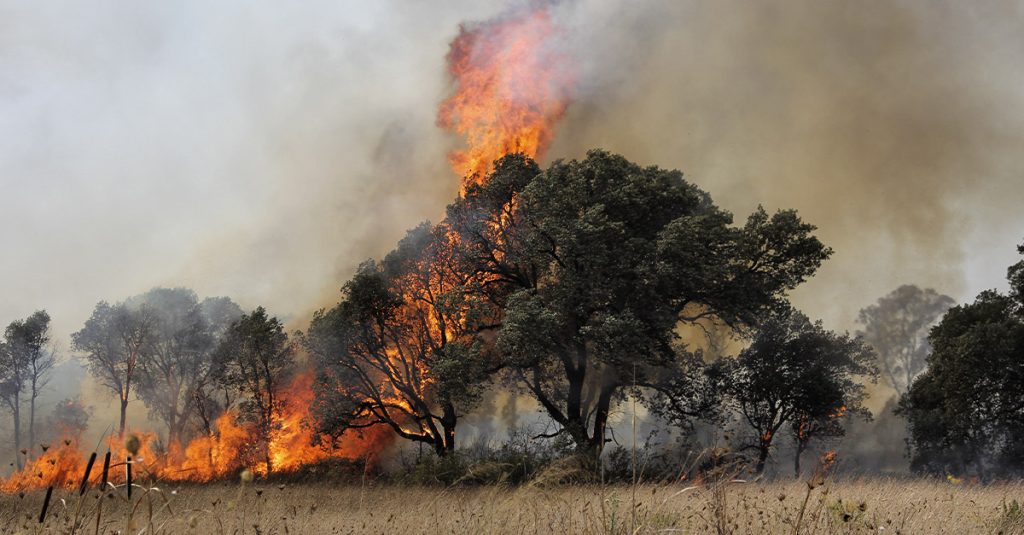A surge in extreme weather conditions has sparked wildfires and home evacuations in Cyprus and Greece.
- Paphos in Cyprus faces extreme heat with temperatures rising to 45°C, prompting evacuations due to wildfires.
- Greece has dispatched firefighting planes to Cyprus while dealing with its heat warning and a 4.9 magnitude earthquake.
- The Greek weather service has issued its inaugural summer heat warning with temperatures hitting up to 43°C.
- Tourist spots in Greece, like the Acropolis, have closed due to heat, as wildfires remain a significant threat.
As temperatures soar to an extreme 45°C in Paphos, Cyprus finds itself grappling with severe wildfires that have forced residents to evacuate their homes. The need for urgent assistance has led to Greece deploying two firefighting aircraft to aid in controlling these blazes, as the region battles this relentless heatwave.
Greece itself is not spared from the wrath of these climatic conditions. The first heat warning of the summer has been announced with temperatures forecasted to reach up to 43°C in southern and central parts of Greece, including the bustling metropolis of Athens and picturesque locales like Crete and the Cyclades islands. This announcement coincided with a 4.9 magnitude earthquake that struck Rhodes, further complicating the situation in the region. A spokesperson from the European-Mediterranean Seismological Centre remarked that the earthquake, while likely felt by many as a light tremor, should not have caused significant damage.
In response to the sweltering conditions, several tourist sites, including Athens’ famed Acropolis, have been closed to the public over consecutive days. The Red Cross has been actively involved, distributing water to tourists affected by the closures amidst these extreme weather conditions. Vassilis Kikilias, overseeing civil protection in Greece, highlighted that Thursday was particularly perilous for wildfires due to a menacing mix of high temperatures and prevailing winds.
The Foreign Office’s travel advisory for Greece remains unaltered despite the presence of wildfires in urban centres and various islands, with warnings about their unpredictable and hazardous nature. The situation in Cyprus also remains precarious, with fires becoming a frequent occurrence during the dry and hot summer months.
To bolster efforts against such natural disasters, the EU has mobilised a fleet of 32 aerial firefighting aircraft and stationed 556 firefighters across Europe. Commissioner Janez Lenarcic expressed gratitude towards Greece for its swift action in assisting Cyprus, citing the EU’s role in providing comprehensive relief measures. Meanwhile, the EU’s emergency response coordination centre remains vigilant, ready to extend further aid as needed.
The challenging heat has escalated wildfires in Cyprus and Greece, necessitating international support and readiness for further intervention.

